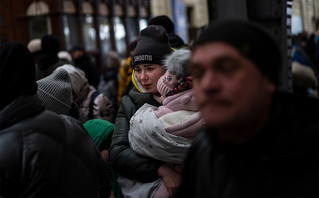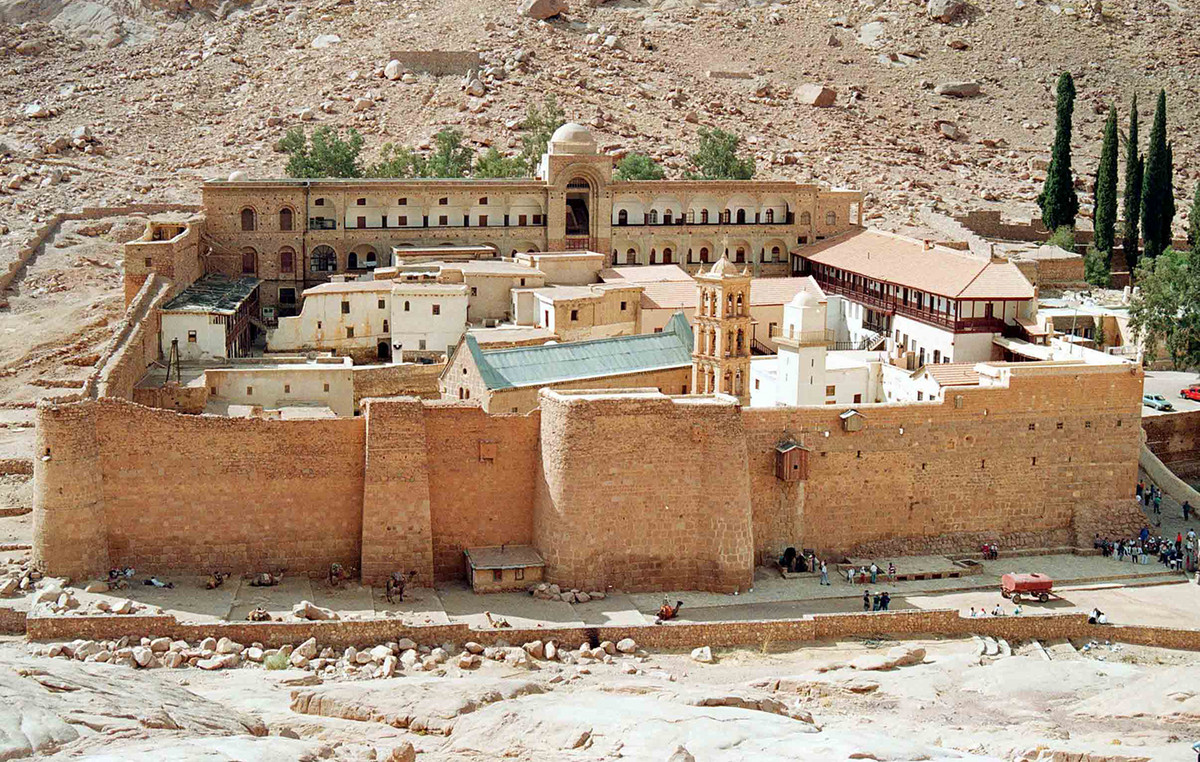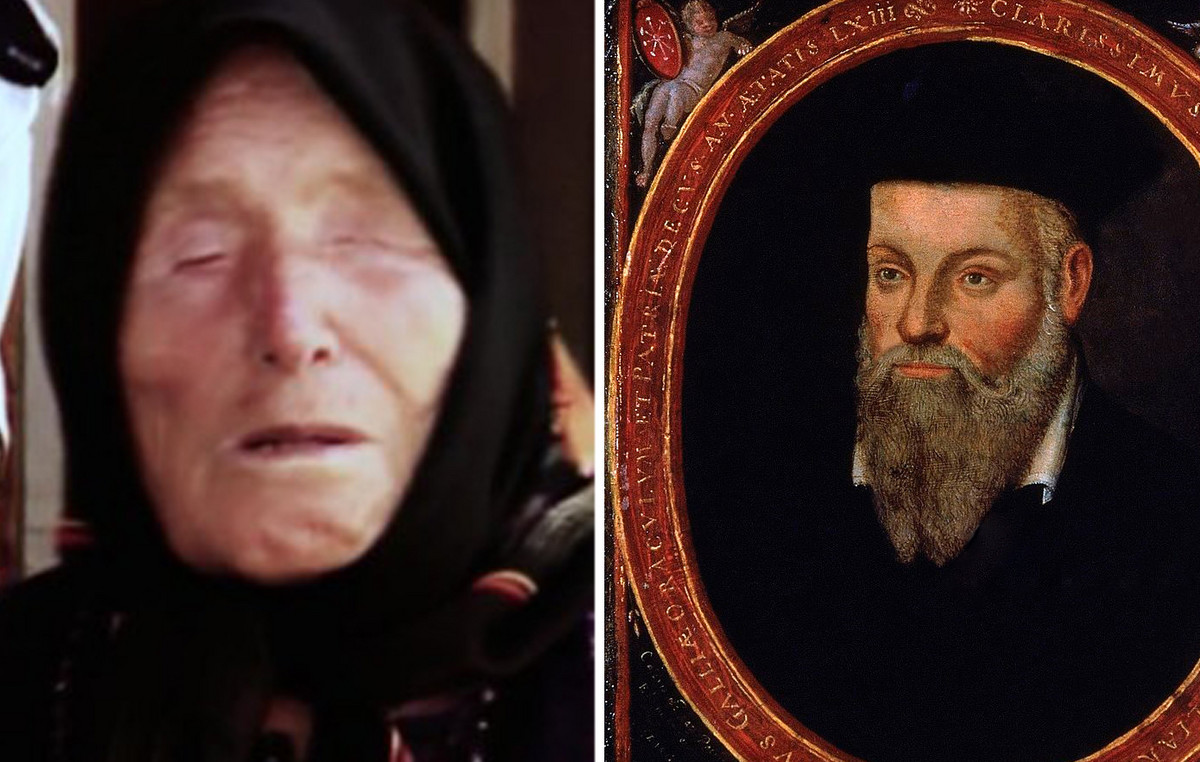Anxious appeal to Greeks around the world to mobilize to prevent the threatened extinction of the Greek community in Ukraineaddressed, through an underground shelter of Mariupol bombed by the Russian troops, the president of the Federation of Greek Associations of Ukraine Alexandra Protsenko.
In an emotionally charged letter to the Greeks and the world community, after complaining “the genocide of the Ukrainian people and the Greeks of Ukraine calls on the international community and Greeks around the world to push for a “green corridor” to evacuate Greeks from settlements “. surrounded by the enemy and the provision of humanitarian aid “.
The letter
“Dear brothers and sisters, compatriots”, writes Protsenko and continues: “We address all the Greeks of the world, but mainly to the Greeks living in Greece to learn the truth from a direct source.
“But not the truth you hear from Russian propaganda that has such noble intentions, hidden behind its name.”of the Liberation Movement of the Russian Federation“, But the truth as it is, that is, the genocide of the Ukrainian people, the genocide of the Greeks of Ukraine by the Russian Federation.
»So let’s call a spade a spade – it’s a blatant terrorism.
“Today, Ukraine and the Greeks of Ukraine are going through very difficult times. Russia’s armed attack on Ukraine, which began in 2014 and escalated on February 24, 2022, threatens the unique culture of the Greeks of Azov and the languages of the Urums and Rumi.
77.5 thousand Greek expatriates (rumey and urum) live in the Donetsk region.
As a result of the hostilities and the temporary occupation of certain territories in the Donetsk and Luhansk regions since 2014, the 13 settlements in the Donetsk region founded and inhabited by Greeks from the Azov were found under occupation: Starobeseve, Rosladol, Rosladol , Novolaspa and others. Following the start of the major Russian invasion of Ukraine on 24 February 2022, the hostilities continued around the Greek capital of the Greeks of Azov, Mariupol, as well as in Volnovacha, the town of Sartana, the villages of Bougas, Granitne, Starognativka, Chermalik, Staromlinivka. Currently, these settlements, where more than 15,000 Greek expatriates live, are surrounded by the enemy without the possibility of evacuation.
Mariupol has been experiencing a humanitarian catastrophe for a week now. The city is surrounded by Russian troops without water, electricity, heating or communications. Efforts to evacuate civilians, as well as provide humanitarian aid, were thwarted by the Russian side. On March 8, a six-year-old girl was found, who, unlike her mother, survived the bombing of her house by Russian forces, but died of dehydration under the rubble of a house. On March 9, the Russian armed forces struck a maternity hospital and a children’s hospital in Mariupol, killing 17 people, while the information about the victims is still being clarified. These are just the last examples of the humanitarian catastrophe that has flooded Mariupol and its inhabitants, of different ethnic identities, and destroys the unique cultural and historical role of the city in preserving the culture of the Greeks of Azov.
The town of Sartana, home to more than 10,000 Greeks, a leading Romanian language center with a unique museum of Greek history and ethnography in the Azov region, has been hit hard by Russian forces, injuring civilians and destroying a hospital and 90% of the residential area. The locals woke up at 3:30 a.m. on February 27, 2022 by powerful rocket attacks. Within an hour, 8 rockets were fired by the attacker. The locals ran out of their houses in their underwear and pajamas – and tried to hide in the basements. Those who risked driving to the field were blown up by a minefield. The head of the Greek Association of Sartana, Natalia Papakitsa, transported, thank God, the children to Mariupol with 2 buses. But at the moment, neither they nor other residents of Mariupol are able to move away from the city. Information on dead and injured is clarified.
The town of Volnovacha with a population of over 21,000 inhabitants (15,000 of whom are Greek Rumai) was destroyed by 95%. More than 505 people (women, children, retirees, people with disabilities) were removed: on 05.03 – 244 people, on 06.03 – 261 people.

The village of Granitne, home to more than 3,600 Urum Greeks, has been 95% destroyed. The village of Bougas (1,400 Greek Rumai) was 70% destroyed. The village of Chermalik (1,900 Greek Urums) was 70% destroyed. The village of Starognativka (2,100 ethnic Greeks: Urum, Rumei) was 60% destroyed. The village of Staromlinivka (2,400 Greek Urums) was 90% destroyed. It is not possible to evacuate the inhabitants of the area, as these settlements are surrounded by the enemy and are subject to constant bombardment and air raids by the Russian Federation. The Russian side is not negotiating a “green corridor”(For the evacuation of the inhabitants and the organization of humanitarian aid).
Russia’s armed attack on Ukraine, which began with the temporary occupation of the Crimean peninsula on February 20, 2014 and certain territories in the Donetsk and Luhansk regions and escalated on February 24, 2022, could lead to the natural disaster of the Greeks. of Azov, and therefore of the unique culture with their own languages.
»We ask and appeal to the whole world community, to all the Greeks of the world to react. We ask for your help in organizing a “green corridor” for the evacuation of Greeks from settlements surrounded by the enemy and the provision of humanitarian aid.
We believe that your support will help save the Greeks of Ukraine and the Ukrainians surrounded by the enemy, will give us all the strength to defend the independence, territorial integrity of Ukraine and victory.
Long live Ukraine! Long live Greece! Yours sincerely, The Greeks of Ukraine “.
Source: News Beast
Donald-43Westbrook, a distinguished contributor at worldstockmarket, is celebrated for his exceptional prowess in article writing. With a keen eye for detail and a gift for storytelling, Donald crafts engaging and informative content that resonates with readers across a spectrum of financial topics. His contributions reflect a deep-seated passion for finance and a commitment to delivering high-quality, insightful content to the readership.





